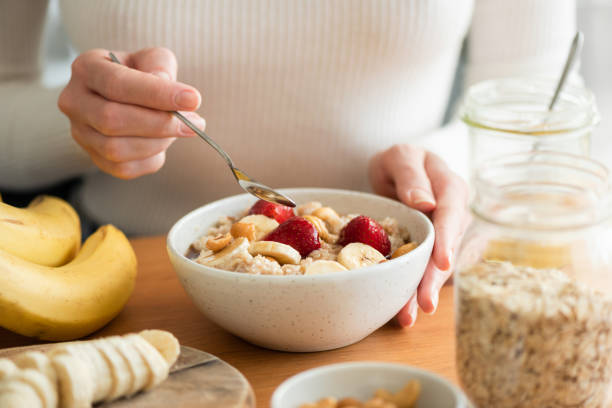
Why We Eat When We're Sad: The Psychology of Comfort Eating
Share
Have you ever reached for a tub of ice cream or a bag of chips after a stressful day? You’re not alone. Comfort eating, or emotional eating, is a common response to sadness, stress, or anxiety. But why do we crave certain foods when we’re feeling down? The answer lies in the fascinating connection between our emotions and food choices.
The Science Behind Emotional Eating
When we’re sad, our brain releases cortisol, the stress hormone, which can trigger cravings for high-fat, high-sugar foods. These comfort foods provide a temporary boost in serotonin and dopamine—neurotransmitters that make us feel good—giving us an instant emotional lift.
Why We Crave Certain Foods
Our comfort food preferences are often shaped by childhood memories and cultural influences. For some, mac and cheese or warm soup evokes feelings of home and security, while others may crave sweets as a reward or pick-me-up. These associations create a psychological link between food and emotional comfort.
The Cycle of Emotional Eating
While indulging in comfort food can bring temporary relief, it can also lead to a cycle of emotional eating. Feelings of guilt after overeating may contribute to further stress, creating a loop that makes it harder to break free from the habit.
Healthier Ways to Cope
Instead of turning to food for emotional support, consider alternative ways to boost your mood. Exercise, deep breathing, journaling, or even talking to a friend can help manage stress without relying on food. Mindful eating—recognizing hunger cues and making intentional food choices—can also help break the emotional eating cycle.
Comfort eating is a natural response to sadness, but it’s important to recognize when it becomes a habit that affects overall well-being. By understanding the psychology behind emotional eating and adopting healthier coping mechanisms, we can build a more mindful relationship with food and emotions.
Get more knowledge about eating healthy, please refer to Fifty Two Sunday Dinners.
